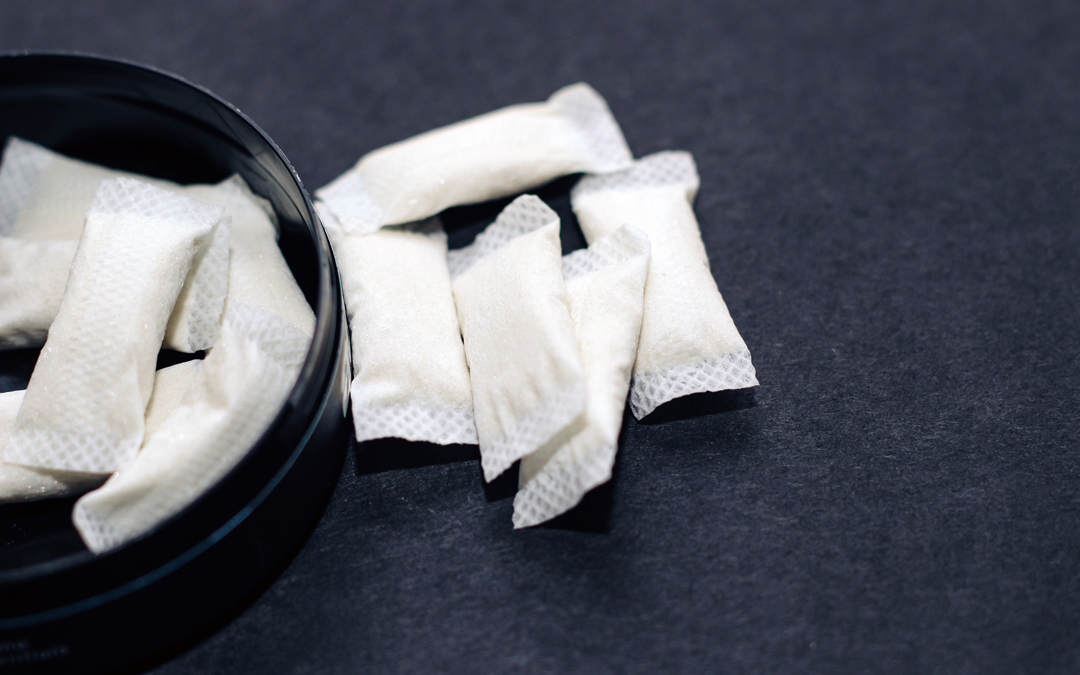Exceptional, safe, and compliant products are a one-way ticket to success in the cannabis industry. Your ability to produce high-quality products with reliable outcomes is not only dependent on your product development and formulation teams, but also your laboratory partner.
There are a number of elements to consider when choosing a lab to partner with. Proper due diligence, and research will help you find a lab that has the expertise, methodology and instrumentation required to test your specific product set. This isn’t a decision to be made hastily, or based solely on prices. Not all laboratories are created equal.
Ask the right questions
The first step is to set up a time to interview the labs you’re considering in order to review their systems and procedures, their level of expertise in cannabis specific testing, and if they are the right fit for your business needs. Cost is an important factor, any money spent should be an investment in the future of your business, however it is not the only thing to consider.
As a center for analytical excellence, your laboratory should use multiple systems and procedures in place to ensure testing is done accurately, repeatedly on time, on budget, and without costly delays prior to launch. Have their test methods been validated or verified for your specific product matrix? You should also ask questions that affect the bottom line, for example; What’s the turnaround time for the tests you require? Do they have a customer portal or digital tools to save your team time? Are the reports and data delivered in a raw form, or an easy to read format? Specialization is essential when selecting a lab, as cannabis products present unique challenges when it comes to analytical testing.
Look for labs that regularly use control samples, perform duplicate analyses, and have a robust risk reduction strategy. Ensure that there are procedures in place that will guarantee full traceability for all factors involved in analyses from reagents to personnel. It is wise to examine a lab’s full array of services to see how easily they could perform additional testing if/when the time comes.
What is the turnaround time for test results?
What digital tools are available to save your team time?
Is the data delivered in raw form or an easy to read format?
Do they have the certifications or accreditations you need?
Go beyond just passing the minimum tests
The mandatory Health Canada testing varies based on what format of cannabis product you are manufacturing. If you’re developing new or novel products or delivery methods, it’s imperative that you choose a lab with deep experience in the development and validation of analytical methodologies for complex formulations. Each raw ingredient in your gummy or beverage, or unique base in your topical can dramatically affect your product matrix and thus the methods required to obtain accurate data. Protect your innovation by partnering with the right lab that can consistently provide you with accurate data to enable you to make critical decisions in the product development lifecycle.
If you’re dedicated to creating stand-out products that can be solid at a premium, consider the Health Canada required testing protocols as the minimum requirements when it comes to testing your products. With the current regulations lacking any standard for smoke and vapour testing, or shelf-stability and lifecycle testing, if you’re only doing the minimum required testing you could be leaving your business and your customers open to risk. Ensuring your products provide a consistent and effective experience for your customers, every time they purchase, is key to your long-term success.
When you work with an experienced team, like the scientists at Labstat, you benefit from decades of complex method development and validation. With a combined 50+ years experience in the analytical analysis of smoke and vapour, food and natural health products, pharmaceuticals and vitamins, our teams work with you to develop a customized suite of testing services to ensure you’re building a world-class portfolio of products.
Accreditation is key
Accreditation is the formal recognition that a lab is credible and competent in the execution of specific testing and it provides a common framework that ensures results are accurate, consistent, and without bias. While there isn’t currently a standard specified for the testing of cannabis materials under the Cannabis Act, there are a few certifications and accreditations cannabis product manufacturers should look for when choosing a lab.
ISO Accreditation
is a set of industrial standards recognized worldwide and developed by a technical committee of subject matter experts. ISO 17025 is the specific standard used by testing laboratories and is governed by several third party organizations; SCC, CALA, A2LA.
GMP (Good Manufacturing Practices)
are the practices and systems required by regulatory health agencies that are specific to the manufacture and testing of certain foods, dietary supplements, cosmetics, pharmaceutical products and medical devices.
Working with an ISO Accredited lab will ensure three major facts about the methods they are using to test your cannabis products:
- The method is validated
- Users are properly trained
- The method performs as expected, as demonstrated by Proficiency Testing
It is also important to keep in mind that ISO/IEC 17025:2017 accreditation is for a specific test. Some labs may say they are ISO Accredited, but what really matters is their scope of accreditation, or in other words, which tests they have been accredited to run.
In Canada, GMP compliance is verified and enforced by Health Canada investigators. If you’re exporting to another country, the country of import may also audit for GMP compliance.
When you work with a GMP certified lab you can be confident in the integrity of the results. GMP is essentially a collection of systems that ensure all of the data collected in the lab is traceable, concurrent, and correct within the context of the procedure followed to collect the data.
Where ISO:17025 is method specific, GMP is method agnostic. GMP focuses on the systems in place in the laboratory to ensure that data is collected properly and the methods are suitable for use. For example, GMP requires an SOP be in place for method validation. Under that SOP any method can be validated. By contrast under ISO the method is validated and the validation of that specific method is audited as part of the ISO accreditation scope.
For manufacturers interested in exporting their products around the world, working with cGMP certified laboratories will be necessary as it is mandatory for markets such as the EU, Australia, and South Africa. Ultimately which accreditations or certifications you’ll need to look for will be determined by how and where you want to sell your products. Do your due diligence to select a lab that can work with you to deliver a product that balances compliance and consumer satisfaction.
Build a relationship and expect continuous improvement
Building a relationship based on trust, effective communication, and good science is the key to any successful laboratory partnership. Consider whether or not the lab has dedicated staff that ensures you have all the information necessary to make critical decisions for your business.
A good litmus test is to ask how the laboratory responds to client requests. Do they have dedicated personnel, such as account managers, that provide clear, concise, and correct responses to your inquiries? This key point of contact is the cornerstone to the relationship you’re building with your laboratory.
In addition to your account manager, senior scientific staff should be available and capable of answering any of your technical questions when they arise. Lack of scientific staff may be an indication that the laboratory doesn’t have the expertise required to solve problems critical to your business.
At the end of the day, the relationship you develop with your lab should be a collaborative and reliable one. Producers and their lab partners should be like two peas in a pod – does communication seem like a priority to your lab? How available are they for support, during and after hours? Are they willing to collaborate with clients? Continuous improvement is not only a tenet of ISO but is a critical component of cGMP. A lab’s investment in and commitment to these concepts demonstrates their ability to stay current and provide the best possible analytical solutions for your business.
Set yourself up for success by setting expectations upfront, facilitating open dialogue, and making sure they have a good reputation – not only in standard operating protocols but in developing collaborative long-term client relationships that lead to success.


